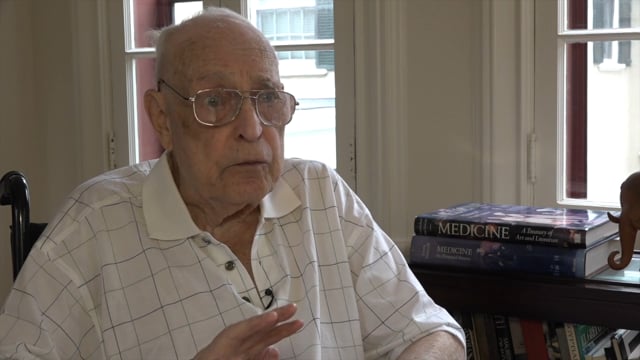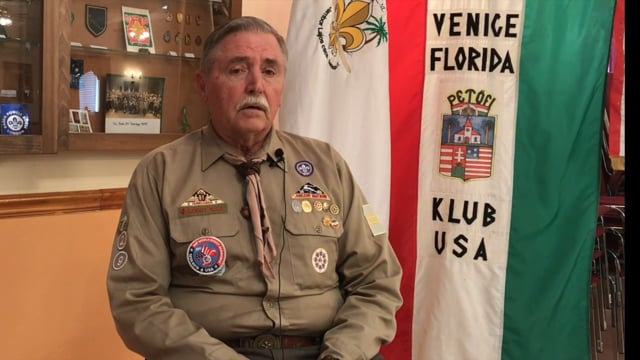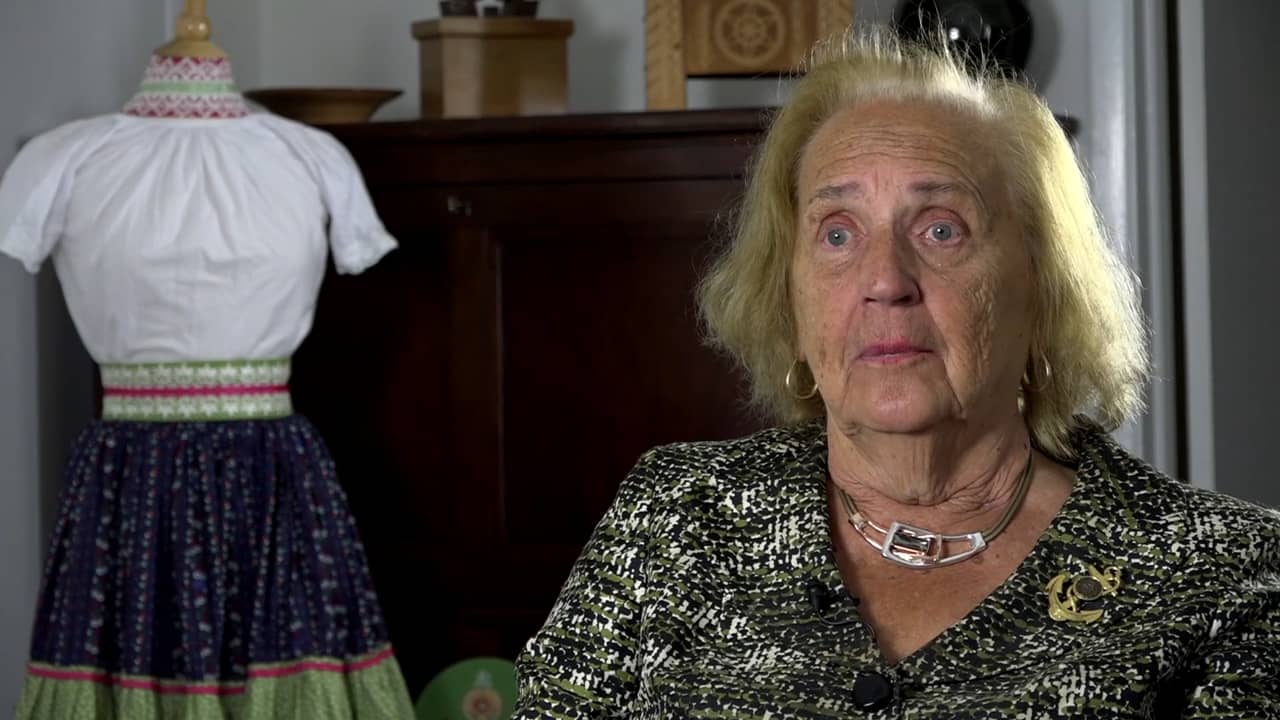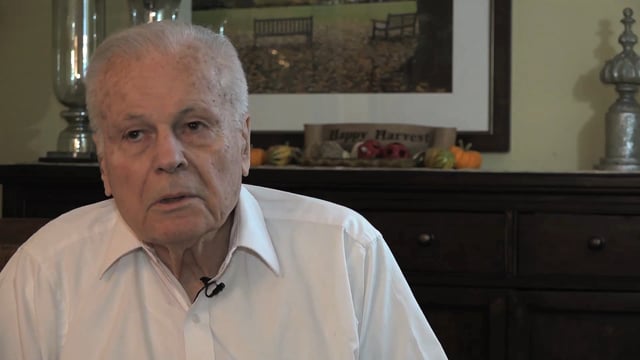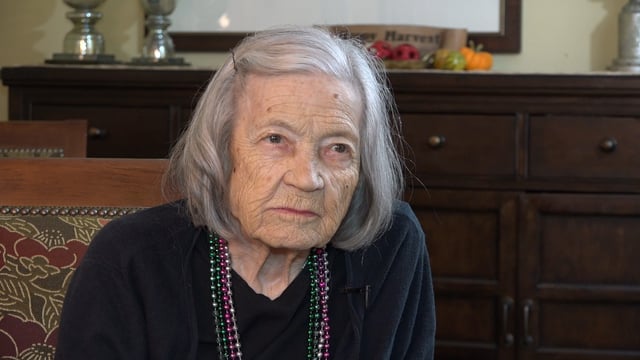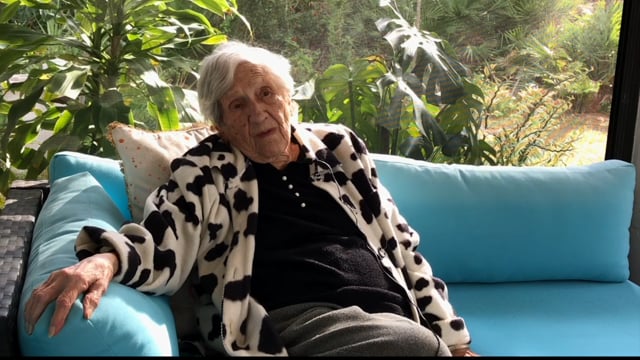Kornél Klement
1956erKornél Klement
Kornél Klement was born on September 7, 1930 in Szécsény, in northeastern Hungary. He was 26 years old and freshly married when the revolution broke out on October 23rd.
He is the last living member of the Revolutionary Council of Szécsény. Now a retired marketing consultant and one of the grand elders of the Hungarian community in Germany, he lives with his wife Mária in Dietzenbach, near Frankfurt.
His parents were important members of Szécsény, with a supply store and deep roots in the community. In his interview, Kornél talks extensively about the battles of World War II, when much of Szécsény had to flee to Germany as the Russian army advanced on Hungary. He talks about the brutality of war and the bombing of Regensburg, where his town was stationed temporarily. He also talks about the deportation and murder of 192 Jewish residents of Szécsény and how the town suffered both financial and intellectual losses from their disappearance at the end of WWII.
When the revolution broke out in 1956, Kornél was working for the municipal government in Szécsény, because the town council was in need of a more highly educated administrator. (Kornél had a high school degree and two years of technical university, although he was not admitted to the university because of his family background). When the revolution broke out, he was enthusiastic but wanted to keep the bloodshed in his county to a minimum. He was asked to give a speech at the town hall about what was going on in Budapest, since he had been there on his honeymoon just one week prior to the revolution. He talked about the political demands of the university students in Budapest, helped organize informational campaigns to neighboring towns and orchestrated sending 16 trucks of food supplies to the capital to help alleviate food shortages brought on by the fighting and general strike there. He was in charge of the council until December 4th, when it became clear that new Soviet troops had crushed all vestiges of the freedom fight.
On December 5th, Kornél and his wife fled to Austria and then to Germany. He received a Ford scholarship to attend the university in Nürnberg to study law. Realizing that going back to Hungary was not an option, Kornél worked hard to create a strong Hungarian community in Frankfurt, including a Hungarian scout troop and other cultural organizations. He helped found the Organization of Hungarian Groups in Germany, of which his son, Kornél Klement Jr. is the President today.
(This interview was conducted in cooperation with the Collegium Hungaricum Berlin (CHB) as part of Memory Project Germany.)

